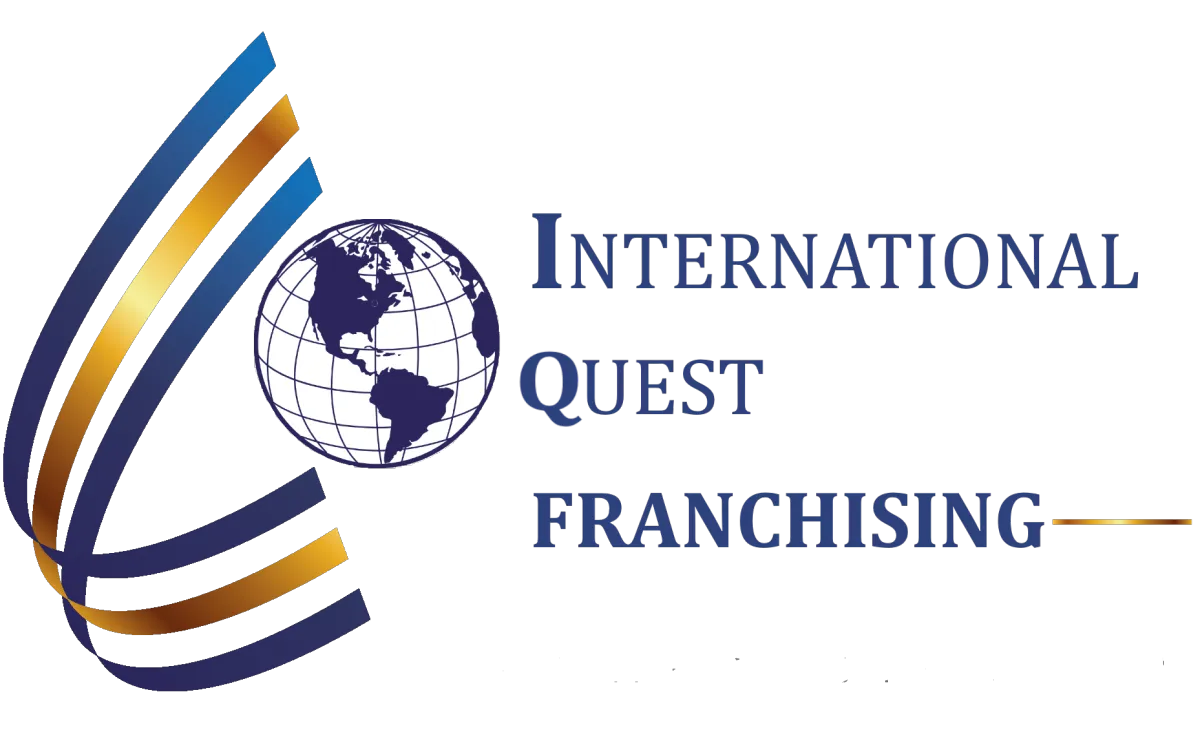
Franchise Compliance Audits
Understanding Franchise Compliance Audits: An Overview
Franchise compliance audits serve to evaluate adherence to established standards within a franchise system. Their primary purpose is to ensure all franchisees are operating in alignment with the guidelines set by the franchisor. The importance of these audits cannot be overstated, as they play a crucial role in maintaining the integrity and uniformity of the brand.

Compliance in franchising is vital for several reasons. It promotes consistency, reduces legal risks, and enhances the brand’s reputation. Key areas typically covered in a compliance audit include operational practices, financial records, and compliance with local, state, and federal regulations. Non-compliance can lead to legal ramifications for both franchisors and franchisees, such as fines, lawsuits, or even the termination of the franchise agreement.
Need Help? Use International Quest Franchising, LLC
IQ Franchising helps businesses grow and expand through franchising by working closely with clients to build strong, successful franchise systems. We start by understanding your business, then develop a strategic plan that addresses opportunities and maximizes profits. Our expertise in project management and operational efficiency, like Lean & Six Sigma, ensures your franchise system is both effective and sustainable. With our support, your business can thrive, and franchisees can make a positive impact in their communities. Let us help you achieve success and reach your franchising goals. To learn more, Visit. (916) 774-7142
Preparing for a Franchise Compliance Audit
Preparation for a compliance audit begins with a thorough self-assessment. This involves reviewing current operations, identifying potential weaknesses, and correcting them before the official audit. Documentation and records are pivotal; maintaining detailed and organized records can significantly ease the audit process.
Internal communication and training are critical components of preparation. Ensuring that all staff are aware of the audit and their roles can help in seamless coordination. Tools such as compliance checklists, self-audit guides, and specialized software can be invaluable resources in the preparation phase.
Key Areas of Focus During a Franchise Compliance Audit
During a compliance audit, several key areas are examined. Operational standards and adherence to brand guidelines are scrutinized to ensure consistency across all locations. Financial records and transactions are reviewed for accuracy and completeness.
Compliance with local, state, and federal regulations is another major area of focus. This includes health and safety regulations, employment laws, and industry-specific mandates. Additionally, the audit assesses the effectiveness of franchisee training programs and the support provided by the franchisor.
Common Issues Identified in Franchise Compliance Audits
Several common issues are frequently identified during compliance audits. Unauthorized deviations from brand standards can significantly impact the uniformity and reputation of the franchise. Inaccurate or incomplete financial reporting is another prevalent issue that can lead to serious legal and financial consequences.
Inadequate documentation of compliance with legal regulations is also a common problem, as it can make it difficult to prove adherence to necessary laws. Moreover, insufficient support and training provided to franchisees can result in operational inconsistencies and a lack of confidence in the franchisor.
Best Practices for Maintaining Ongoing Franchise Compliance
Maintaining compliance is an ongoing effort. Regular training and updates for franchisees help ensure that everyone stays informed about the latest standards and practices. Implementing a compliance management system provides a structured approach to tracking and managing compliance efforts.
Continuous monitoring and internal audits are essential for early identification and correction of potential issues. Establishing clear lines of communication for compliance matters encourages open dialogue and quick resolution of any compliance-related concerns.
The Role of Technology in Streamlining Compliance Audits
Technology can significantly streamline compliance audits. Compliance management software automates many aspects of the audit process, from tracking compliance metrics to generating audit reports. AI and automation offer ongoing monitoring and proactive alerts, ensuring continuous compliance.
Successful case studies have demonstrated the efficacy of technology integration in franchise systems. Future trends in compliance technology are poised to further enhance audit processes, with advancements in machine learning and data analytics playing a significant role.
The Strategic Importance of Comprehensive Compliance Audits
Long-term benefits of maintaining compliance are substantial for both franchisors and franchisees. Compliance audits protect brand reputation, enhance operational efficiency, and mitigate legal risks. By embracing a proactive approach to compliance, businesses can ensure sustainable growth and success.
Compliance audits are not merely a regulatory requirement but a strategic tool. By treating them as such, businesses can leverage audits to refine operations, support franchisees, and protect their brand. Adopting best practices, leveraging technology, and maintaining strong internal communication are essential steps for undergoing these audits successfully.
International Quest Franchising, LLC
Business Address: 3017 Douglas Blvd. Ste. 300
City: Roseville
State: CA
Zip: 95661
Phone: (916) 774-7142

